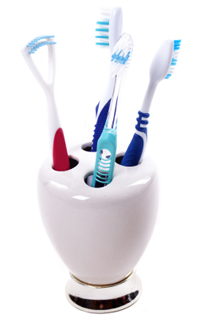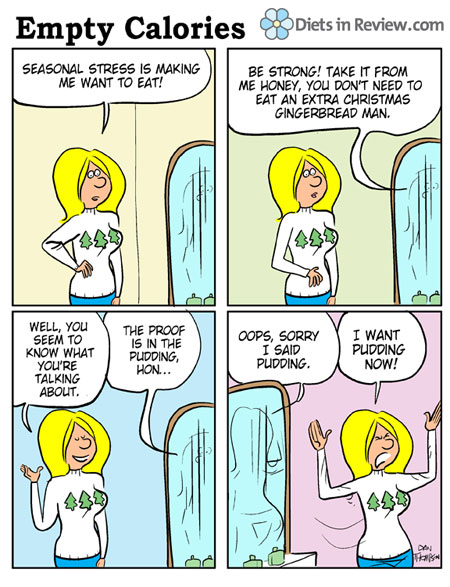By Abra Pappa for NutritiousAmerica.com
There is a science behind food cravings, and I don’t use the word “science” lightly. It is an honest to goodness, white-lab-coat-Bunsen burner-protective-goggles science. Food “scientists” know exactly what it takes to create a food that is “crave-able.” They research and experiment and come up with specific addictive qualities or additives that food must contain in order to rank as a food that you will keep reaching for.
Salt, sugar, and fat, or chemical products that taste buds recognize as salt, sugar or fat, are key flavors that enhance a foods crave-ability.
When you eat, food residue or food particles can be left behind on your tongue. When those particles mix together with the bacteria in your mouth a coating or film is created. This coating “feeds” our craving mechanism. For instance, if you eat a fast food hamburger on a Monday, on Tuesday you may find yourself thinking about that burger again. This is not a sign of poor “willpower” or an “inability” to eat healthy food, rather it can literally be your tongue coating that is sending a signal to your brain that you want more of the food that has been left behind.
This is one of the key reasons fast food restaurants advertise to children. They know when a child “develops a taste” for their food at a young age they become life long customers.
Furthermore, when your diet is full of processed “food-like” products that are loaded with extra fat, sugar, and salt your taste buds suffer and become desensitized. Desensitized taste buds are greedy little buggers, requiring more and more food for you to feel satisfied, as satiety is signaled by flavor.
Enter the tongue scraper. (more…)











